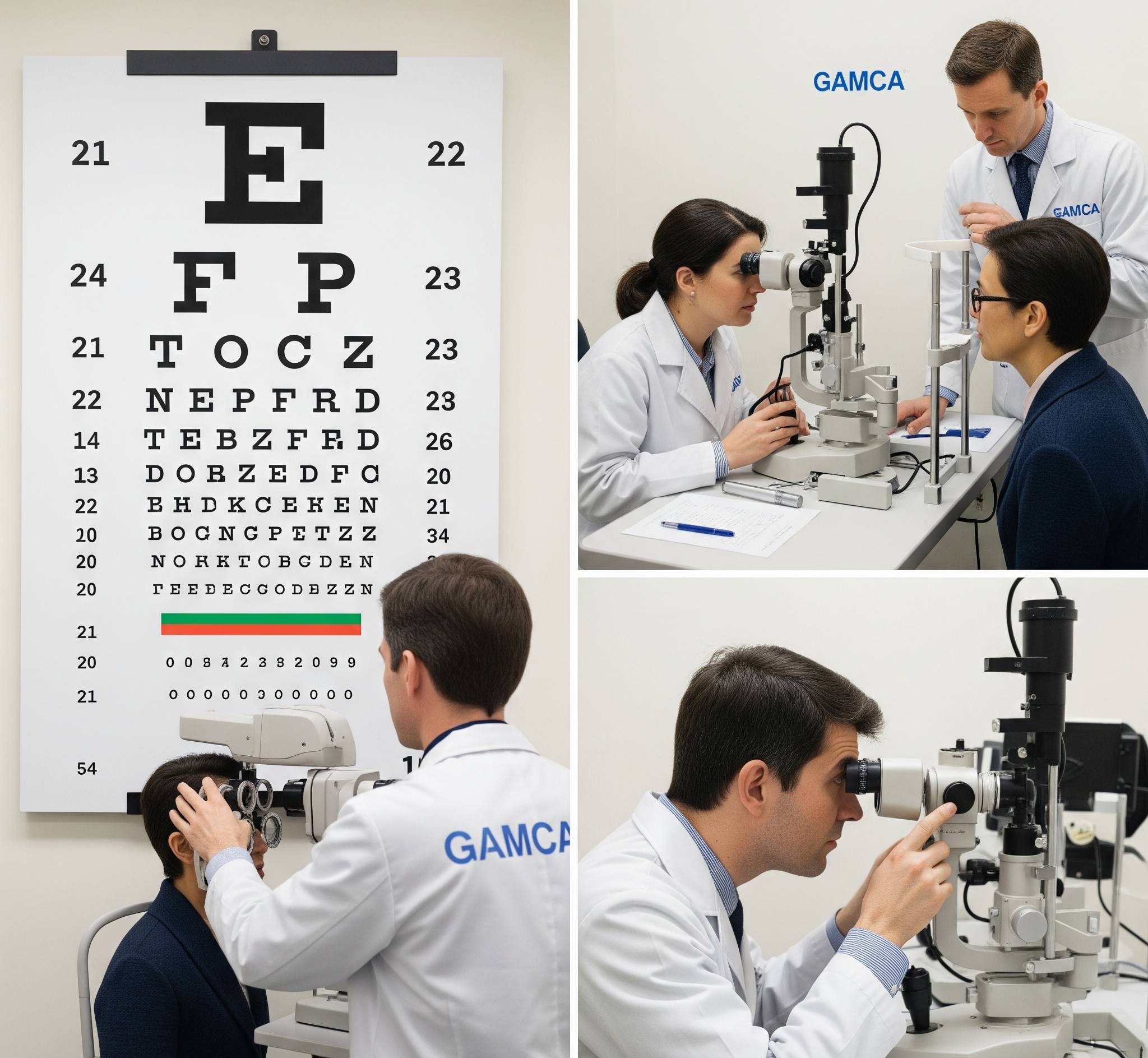
Failing a GAMCA medical test can be a frustrating setback, especially when the result seems unfair or inaccurate. While direct legal appeals against such results are limited, there are several practical and legal steps you can explore to seek clarity or challenge the outcome.
1. Understand Why You Were Declared “Unfit”
The first and most important step is to request a detailed medical report from the GAMCA-approved centre. This report outlines the exact reason for your unfit status, whether it’s a communicable disease, an abnormal scan, or another health concern.
Without knowing the precise reason, you won’t be able to pursue any meaningful course of action.
2. Get an Independent Medical Evaluation
If you suspect the results are incorrect or misinterpreted:
- Consult a specialist in your home country (e.g., pulmonologist, pathologist, etc.) depending on the condition flagged.
- Undergo a fresh set of medical tests independently.
- Obtain a written report that confirms whether the original diagnosis was valid or not.
This second opinion serves as crucial supporting evidence if you wish to challenge or appeal the initial result.
3. Treat the Condition and Prepare for Re-Testing
Many “unfit” outcomes are based on treatable or temporary conditions, such as:
- Infections
- Uncontrolled diabetes
- Low hemoglobin
- Abnormal X-rays due to temporary lung issues
What you should do:
- Follow treatment as recommended by your independent specialist.
- Observe the waiting period: After treatment, most GCC countries require a 3 to 6-month waiting period before retesting.
- Reapply for GAMCA screening with proper documentation from your treating physician proving you’re now fit.
4. Challenging the Result: Is an Appeal Possible?
Although formal appeals are uncommon in the GAMCA system, there are ways to raise concerns:
If You Suspect an Error
Appeals may be considered if you have strong evidence of:
- Sample mix-up
- Faulty equipment
- Misdiagnosis
You should:
- Present your independent medical report and other documents
- Contact the embassy or consulate of the GCC country you’re applying to
- Request information on whether a review or re-evaluation is possible
Approach the Testing Centre
Some candidates have successfully requested re-evaluation by directly contacting the GAMCA medical centre. Be respectful but firm, and provide all supporting documentation.
5. Legal Options: Can You Take Action Against the Medical Centre?
Though rare, there have been cases where candidates took legal action due to medical negligence or deficiency in service. Here’s how you can explore this:
Consumer Protection Laws
In countries like India, medical centres can be taken to Consumer Dispute Redressal Commissions for:
- Issuing false or inaccurate reports
- Refusing to re-evaluate valid claims
- Causing unjustified loss of employment opportunities
Case Example:
A candidate in India once successfully filed a complaint after being incorrectly issued an “X-RAY UNFIT” certificate, leading to compensation.
Competition Law
In some countries, GAMCA’s monopoly has come under scrutiny. For example, Pakistan’s Competition Commission fined GAMCA for “collusive behaviour” and “unfair conditions.” While not directly reversing test results, such rulings can support broader arguments about unfair practices.
Important: To file a successful case, you’ll need to prove negligence or error, and show how it directly impacted you (e.g., loss of job offer). Solid medical evidence is key.
6. Key Tips for Applicants Facing an Unfit Report
- Keep all documentation: This includes your GAMCA report, independent test results, receipts, communication with the medical centre, and any job offers affected by the result.
- Seek legal advice: Consult a lawyer specialising in immigration, medical negligence, or consumer rights in your home country.
- Be realistic: Some conditions, like HIV or serious infectious diseases, may automatically lead to permanent unfit status under GCC health policies.
Conclusion
Failing a GAMCA medical test doesn’t necessarily mean the end of your Gulf dream. While reversing an “unfit” report is difficult, independent medical evaluation, proper treatment, and thorough documentation can put you back on track. For unfair or erroneous results, there are limited legal options, but they do exist, especially under consumer protection laws in your country.
Always take a proactive approach, stay informed, and explore every available route based on your condition and situation.



